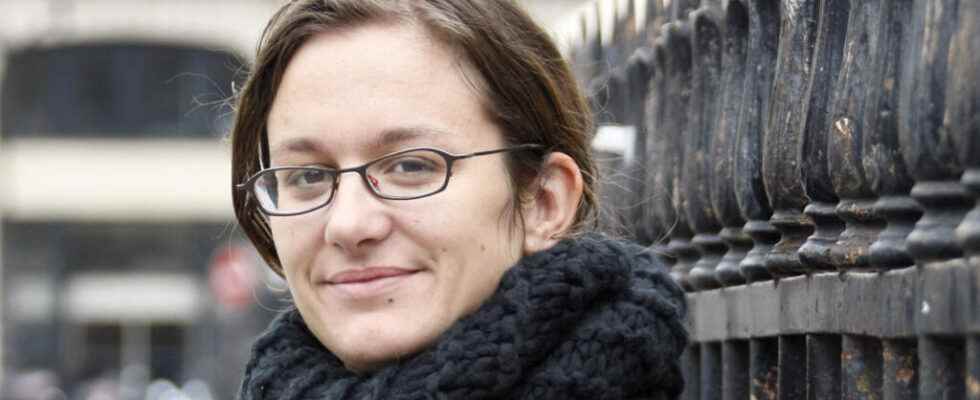Journalist Sonia Rolley has been expelled from the Democratic Republic of Congo. Our colleague, a former member of RFI’s Africa service and who had just joined the Reuters news agency, was summoned to the Directorate General for Migration on Tuesday, November 8, and had her passport confiscated on her arrival, before being bet manu militari on a plane to Paris via Addis Ababa, without even being able to retrieve his suitcase. She had been waiting for her accreditation, already paid, since September. What do we know about the reasons for his expulsion?
With our correspondent in Kinshasa, Esdras Ndikumana
According to our sources, the agents who interviewed Sonia Rolley at the DGM headquarters in Kinshasa informed her that she was not expelled for her work at Reuters, but for her ” previous activities “.
Sonia Rolley has indeed attracted the enmity of Congolese politicians and businessmen over her reports, when she worked for RFI, in particular with the investigation “ Congo Heist “, which had revealed significant embezzlement of public money in the Democratic Republic of Congo.
#RDC Clarification: On the grounds of illegal residence, @soniarolley was returned to the border with dignity by the authorized services, in accordance with the procedure in force. More details in this press release ?? pic.twitter.com/oE4ugG5oga
— Ministry of Communication and Media/DRC (@Com_mediasRDC) November 9, 2022
There is also the context in which this decision was made. The joint United Nations human rights office in the DRC, which has worry of the expulsion of our colleague on Tuesday, pointed to the difficulties that foreign journalists are increasingly encountering in obtaining accreditation or quite simply ” exercise their profession freely “.
Congolese colleagues contacted by RFI believe for their part that her expulsion is a sign of the growing nervousness of the authorities in the run-up to the elections scheduled in principle for December 2023. What Amnesty International summarizes by explaining that the expulsion of Sonia Rolley illustrates “ the dangerous climate in which the media operate in the DRC “.
►Read again: DRC: expulsion of French journalist Sonia Rolley
What the expulsion of Sonia Rolley from the DRC tells us
#RDC: “The expulsion of Sonia Rolley illustrates the dangerous climate in which the media are currently operating in the DRC where other foreign journalists are struggling to obtain their accreditation (…)”, L’Association des Correspondents de la Presse Internationale en RDC
— Stanis Bujakera Tshiamala (@StanysBujakera) November 9, 2022
Should we be concerned about the current relationship between the Congolese authorities and the media, in the run-up to the elections scheduled for December 2023? Clementine Pawlotskyfrom RFI’s Africa editorial staff, asked Trésor Kibangula, political analyst at Ebuteli, a Congolese research institute on politics, governance and violence.
On the government side, we are sending signals that we are moving towards a free press, with this bill on freedom of the press which has been tabled, many NGOs have been waiting for this moment; and on the other side, even if there is the debate around the legality of residence, and we can hear other messages that there are other foreign journalists who are accredited and that it would be a personal problem between the authorities and Sonia Rolley, it also highlights the fact that… isn’t it the work of journalists as investigators, as investigative journalists, that disturbs everything? a system of predation even beyond the current power?
Trésor Kibangula, analyst at Ebuteli
